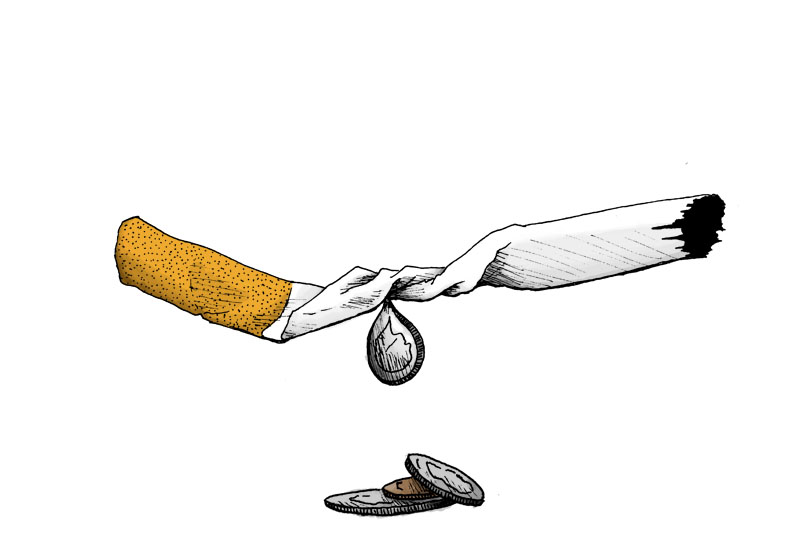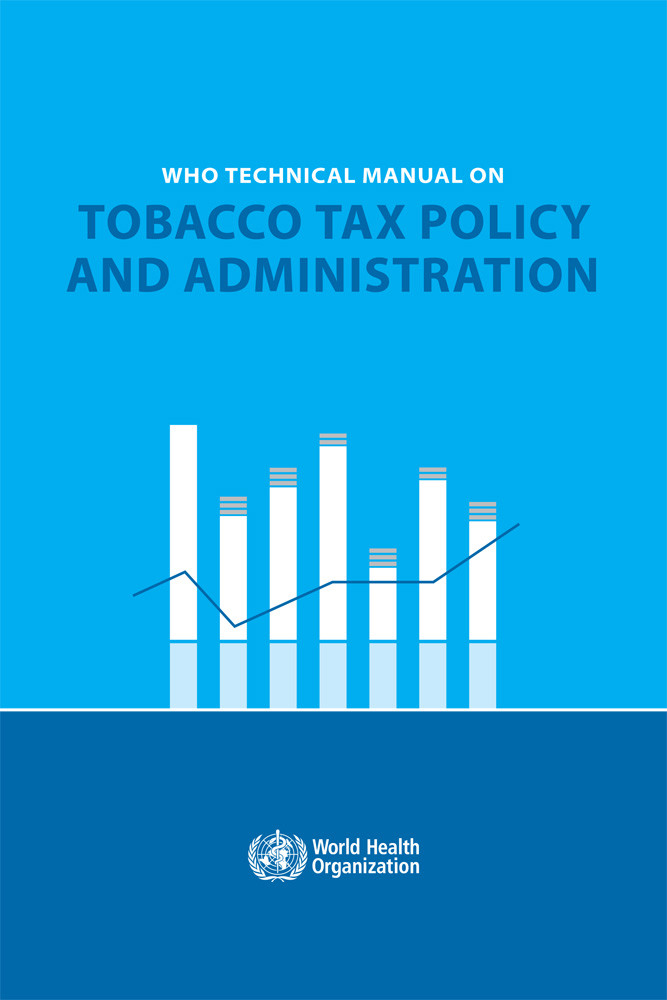
The World Health Organization (WHO) has released a new technical manual on tobacco tax policy and administration that shows countries ways to cut down on more than $1.4 trillion in health expenditures and lost productivity due to tobacco use worldwide.
According to the global health body, improved tobacco taxation policies can also be a key component of “building back better” after Covid-19, where countries need additional resources to respond and to finance health system recovery.
“We launched this new manual to provide updated, clear and practical guidance for policymakers, finance officials, tax authorities, customs officials and others involved in tobacco tax policy to create and implement the strongest tobacco taxation policies for their specific countries,” said Jeremias N. Paul Jr., unit head for the fiscal policies for health team in the health promotion department at the WHO.
“We hope this document sheds light on the significant advantages to raising tobacco taxation. The data and insights provided here should be an eye opener for policymakers worldwide,” he said.
Only 14 percent of the world has enough tax on tobacco, according to the WHO.
“In 2018, only 38 countries covering 14 percent of the global population had sufficiently high tobacco taxes—which means taxing at least 75 percent of the price of these health-harming products,” the organization wrote in a press note. “By implementing proven policies like tobacco taxes, the costs created by the tobacco industry to local communities and nations can be avoidable. It is a win for population health, revenue and for development and equity.”











